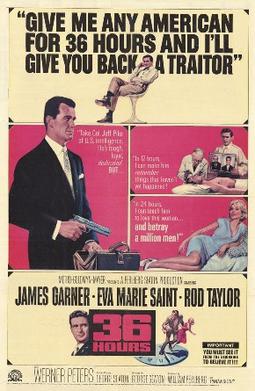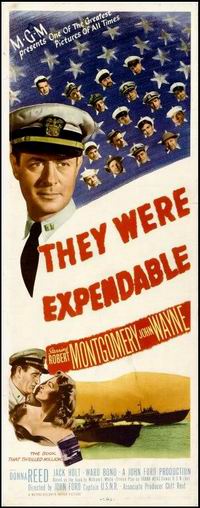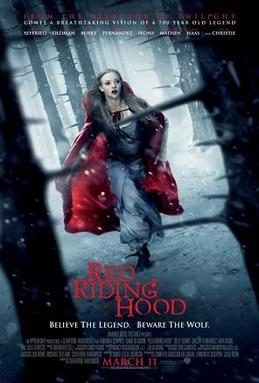 Days of Wine and Roses (1962)
Days of Wine and Roses (1962)
4 out of 5 stars
When I recorded this movie to my DVR from the Turner Classic Movie channel last week, I didn’t read the synopsis. I grew up listening to Henry Mancini vinyls my parents owned, and learned to play (and sing) on the piano, at an early age the song ‘The Days of Wine and Roses.’ I did review the rating provided by DirecTV (two ratings actually provided by different services, one of which I believe is Rotten Tomatoes) and noted it received high marks.
After dinner last night, I decided to watch the movie. Terry had slipped into a food coma while we watch the latest Warehouse 13 episode so I thought it was safe to start a black-and-white movie with the volume turned down a bit, turning closed captioning on to catch any whispered conversations. I soon realized the story was not what I thought it would be, not that I had any idea what it should have been. The tone seemed a bit dark even for the early 60s. But I don’t mean dark as in murder or torture or rape, but the slow, sinister destruction of a bright young couple in the immutable grip of alcoholism. Fascinating, but unsettling, to watch. Both Lemmon and Remick deserve their awards and accolades for their performances.
The musical score disappointed. Aside from the constant repeating motif of the ‘Days of Wine and Roses’ melody, not much music intruded into the drama. I assume all the music heard at the cocktail parties was composed by Mancini and provided an appropriate jazzy background ambiance.
Robert Osbourne commented that during the filming of Days of Wine and Roses, Lemmon’s father’s health to a turn for the worst. Lemmon would spend the evenings after shooting at the hospital and before production wrapped up, his father passed away.
During and after the filming: “Director Blake Edwards became a non-drinker a year after completing the film and went into substance recovery. He said that he and Jack Lemmon were heavy drinkers while making the film. Edwards used the theme of alcohol abuse often in his films, including: 10 (1979), Blind Date (1987) and Skin Deep (1989). Both Lemmon and Remick sought help from Alcoholics Anonymous long after they had completed the film. Lemmon revealed to James Lipton on Inside the Actors Studio his past drinking problems and his recovery. The film had a lasting effect in helping alcoholics deal with their problem. Today, Days of Wine and Roses is required viewing in many alcoholic and drug rehabilitation clinics across America.” (Wikipedia article, Filming section).
When Terry woke up, about halfway through the film, at about the point where things really start spiraling downward for the Clays, he got up and made a couple of frozen strawberry lemonades. He couldn’t resist adding some vodka. I couldn’t resist the sarcasm … here we were, watching a couple destroy themselves and their relationships with each other, their children, their family, their friends, with alcoholism, and we were drinking alcohol while watching this unfold.
To put this in a bit of perspective, the vodka we bought was the first liquor we’ve purchased in several years. We normally buy some hard lemonade, wine or beer, once or twice a quarter, which sits in the refrigerator taking up space until we might remember to grab one on a weekend. The frozen strawberry lemonade tastes wonderful with or without the vodka.
But still, really, I could have smacked him.










 Contagion
Contagion